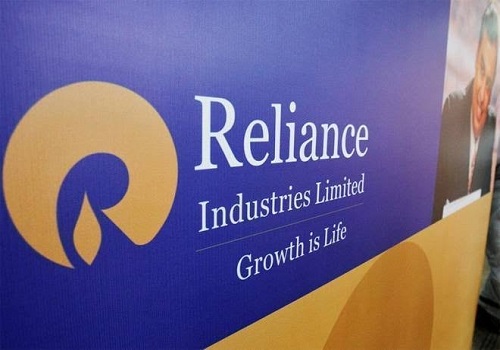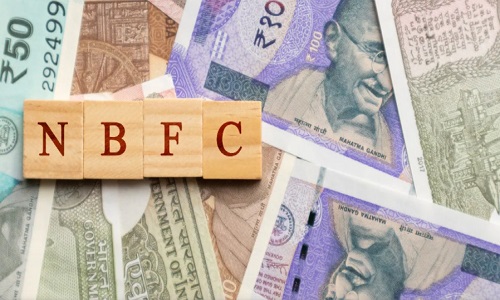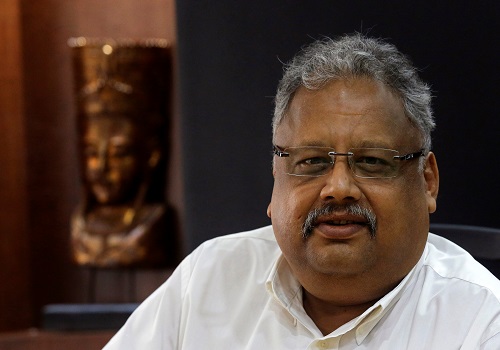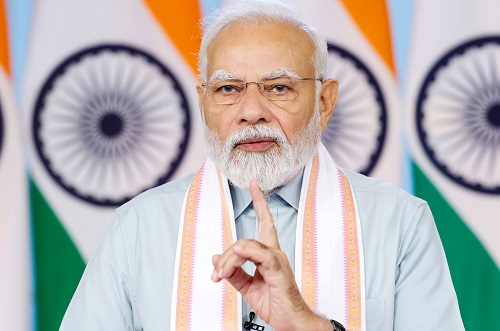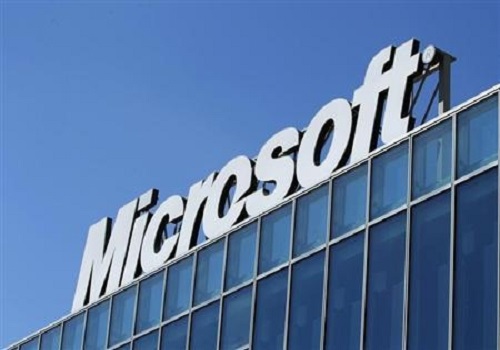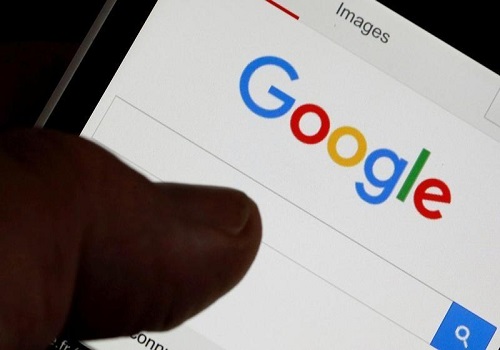71.7% off all payment transactions in India to be digital by 2025

Follow us Now on Telegram ! Get daily 10 - 12 important updates on Business, Finance and Investment. Join our Telegram Channel
By 2025, digital payments collectively in India would account for 71.7 per cent of overall payments volume, leaving cash and cheques at 28.3 per cent, said a new report on Wednesday.
In 2020, the transaction volume share in India stood at 15.6 per cent and 22.9 per cent for instant payments and other electronic payments respectively, while paper-based payments had a considerable share of 61.4 per cent, said the report from US-based electronic payments company ACI Worldwide and data analytics and consulting company GlobalData.
This is poised to change by 2025 share of volume by instant payments and other electronic payments is expected to rise to 37.1 per cent and 34.6 per cent respectively, leaving the volume of paper-based transactions at 28.3 per cent.
Furthermore, by 2024 the share of real time payments volume in overall electronic transactions will exceed 50 per cent, according to the report.
"India's journey of creating a digital financial infrastructure has been characterised by collaboration between the government, the regulator, banks and fintechs," Kaushik Roy, VP and head of product management, Asia, Middle East and Africa, ACI Worldwide, said in a statement.
"This has helped to advance the country's goal of enabling financial inclusion and also provided rapid payments digitization for citizens. The pandemic has further accelerated adoption of digital payments with many first time users adopting digital payments and significant uplift by merchants."
With millions of people globally having to change the way they work and live -- and the way they shop and pay -- mobile wallet adoption rose to an historic high of 46 per cent in 2020, up from 40.6 percent in 2019 and 18.9 percent in 2018. Countries like Brazil, Mexico and Malaysia where many people historically relied on cash are now some of the fastest adopters of mobile wallets.
Globally, more than 70.3 billion real-time payments transactions were processed in 2020, a surge of 41 per cent compared to the previous year, as the Covid-19 pandemic dramatically accelerated trends away from cash and cheques towards greater reliance on real-time and digital payments, said the report.












 320-x-100_uti_gold.jpg" alt="Advertisement">
320-x-100_uti_gold.jpg" alt="Advertisement">


